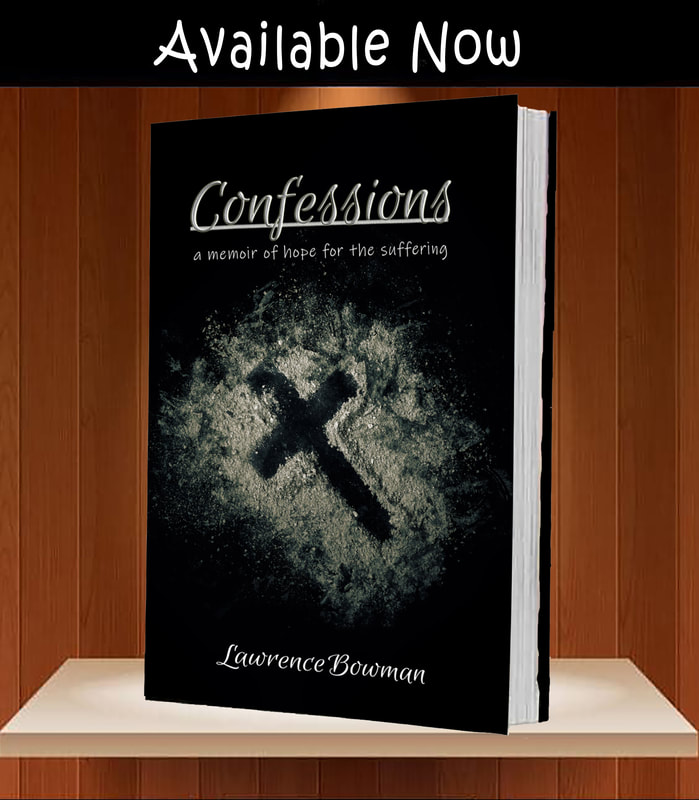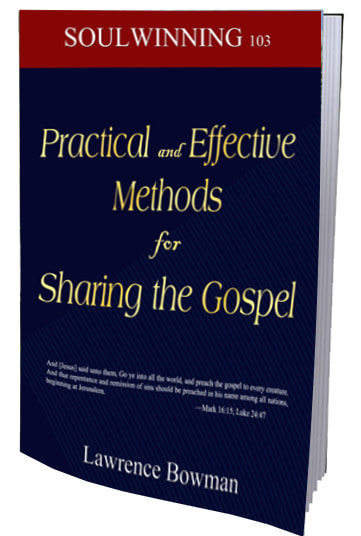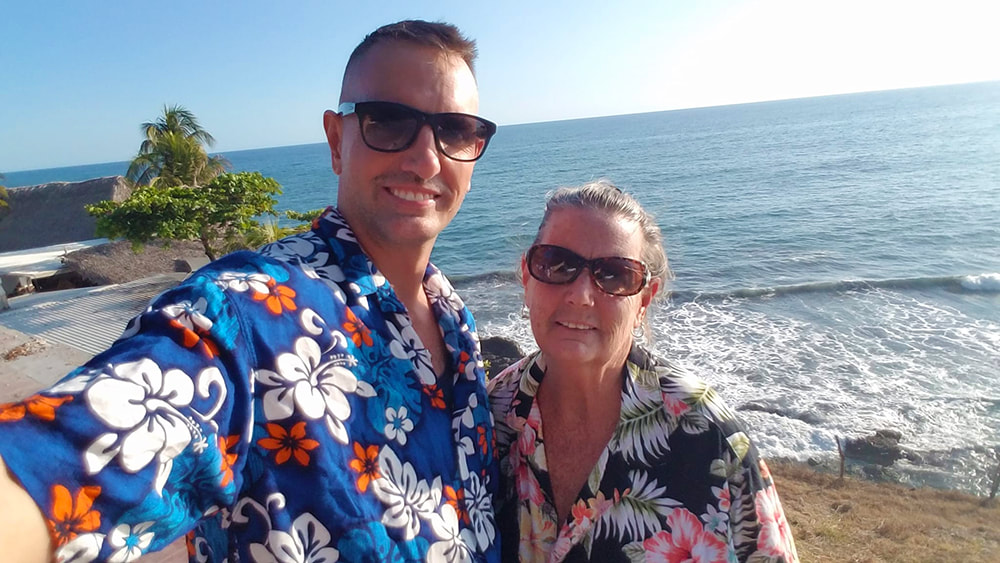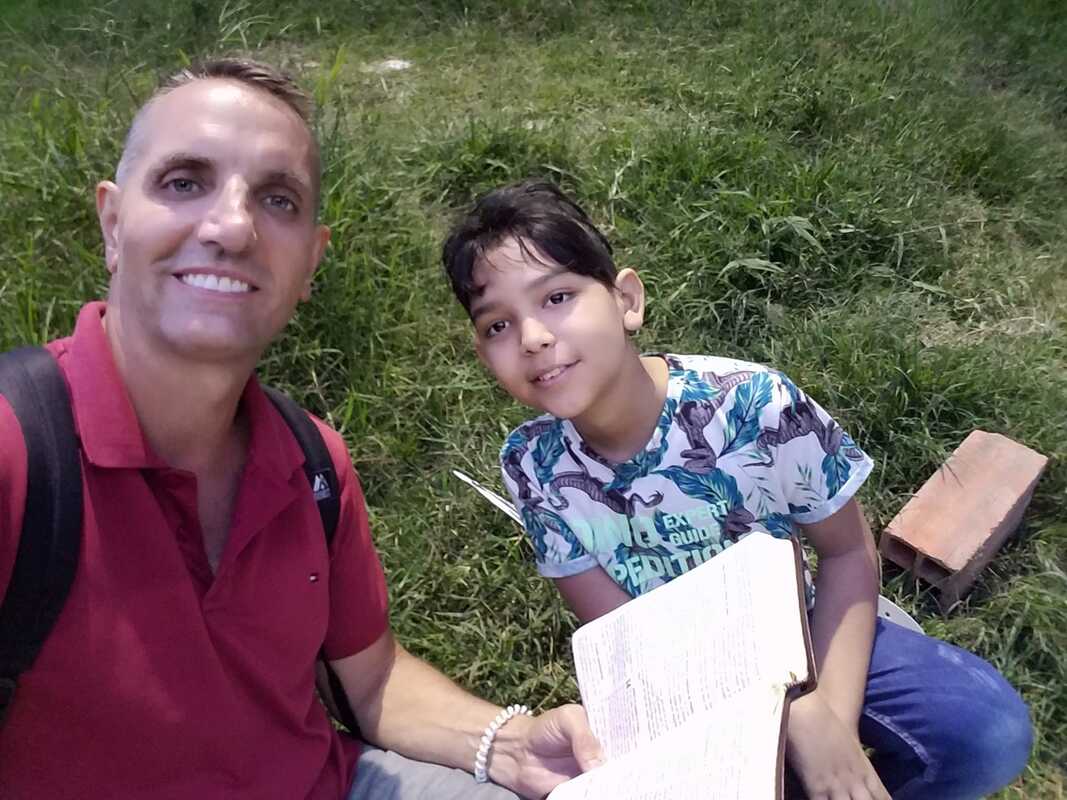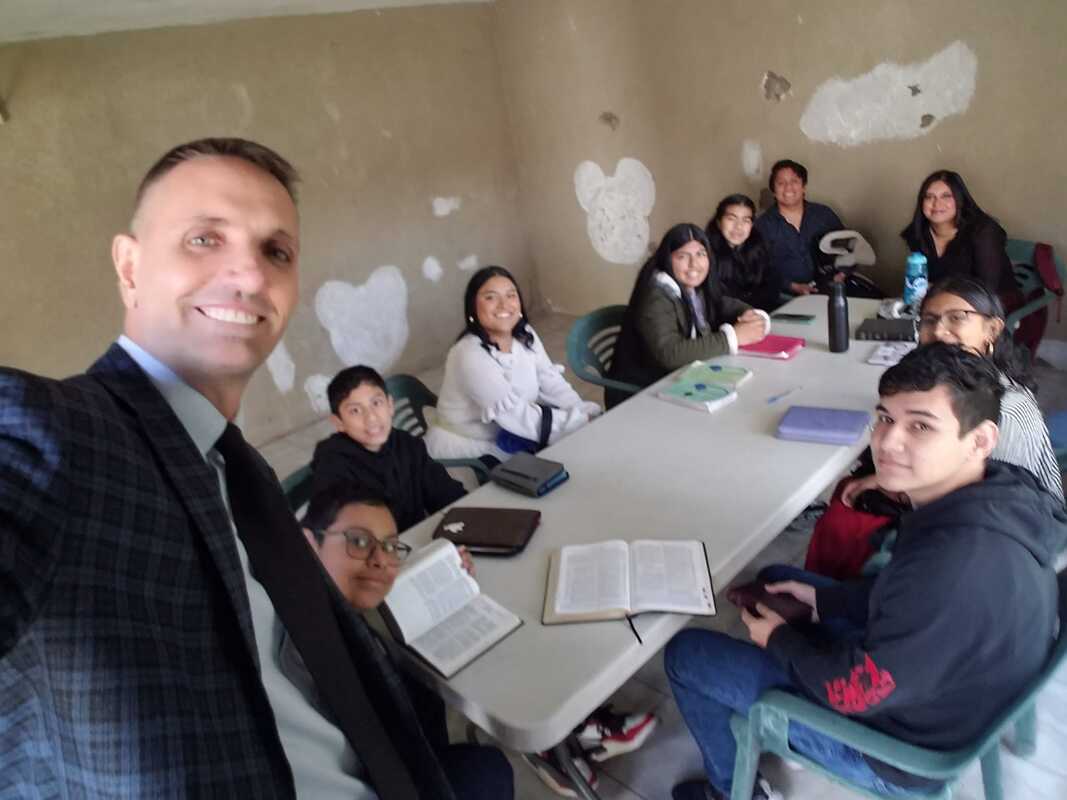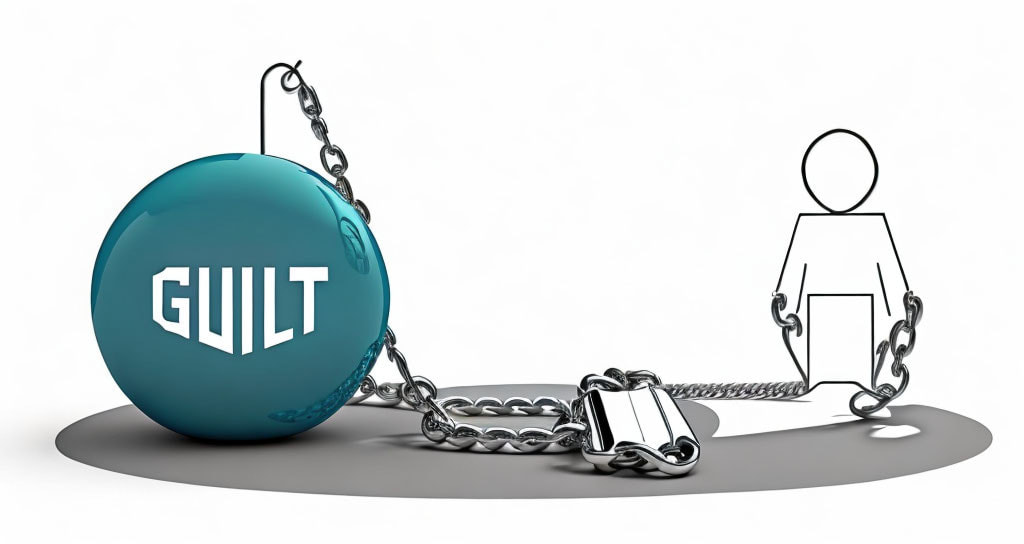
What are you feeling guilty about? Have you violated God’s Law? Have you offended or hurt someone? Have you committed a crime against civil law? Or have you failed in meeting your own or others’ expectations in someway? These are common reasons why people feel the emotion of guilt.
God has given us the ability to experience spiritual pain through guilt. While physical pain is felt when our bodies are harmed, our conscience is connected to our spiritual selves and can also feel pain, which is often expressed through negative emotions such as guilt. This feeling of guilt enables us to sense and reflect on our actions in the spiritual realm of our lives, much like physical pain allows us to acknowledge and respond to harm inflicted on our bodies.
Guilt is a state of being. This condition arises when we realize we have acted against ourselves or another. This feeling is rooted in our conscience, and arises when we have transgressed against God, ourselves, or another person. Guilt can be an overwhelming sensation, causing us to feel ashamed and worthless, particularly if our wrongdoing is a violation of either God's moral law or the laws of society.
Both physical and spiritual pains impel us to seek comfort and relief. Just as no one enjoys experiencing physical discomfort, guilt also prompts us to seek spiritual remedy. However, just as poor medical treatment cannot alleviate physical ailments, false spiritual practices will not alleviate feelings of guilt. Just as physical ailments require the correct medicine to address them, those experiencing guilt and shame can only find true relief by confronting their feelings in a proper spiritual manner.
Guilt is not an emotion without purpose. God has designed within our conscience the ability to perceive guilt. It helps us to acknowledge when we have done something wrong and motivates us to make amends. Guilt compels us to seek correction for our misdeeds and directs us toward the right path in life. Without the sensation of guilt, we would be prone to failure and cause harm to ourselves and others without awareness of wrongdoing. We would be propelled towards worst evil and away from good. Guilt serves to lead us towards God and mold our conscience in goodness and kindness. It alerts us when we have transgressed the boundaries of proper behavior and indicates the need for us to repent, change our ways and make amends.
The Bible speaks about guilt in various ways and provides us with guidance on how to deal with it in our lives. One of the central themes in the Bible is that all of us are sinners and have fallen short of God's glory (Romans 3:23). This means that we stand guilty before God for violating His Law. The spiritual solution to guilt before God is to repent (godly sorrow turning you to God) and have faith in Jesus Christ. As stated in 1 John 1:9, "If we confess our sins, he is faithful and just to forgive us our sins, and to cleanse us from all unrighteousness." If we sorrowfully admit our guilt and confess our sins to God, He will forgive us and release us from the weight of our guilt.
So how can someone effectively deal with feelings of guilt after committing an offense against someone else?
First to overcome feelings of guilt is to turn to God. When we are struggling with guilt, we should seek God’s Light to bring to our awareness our sins. Then we should confess our transgressions to God and seek His forgiveness and cleansing. God is always ready and willing to forgive our sins and offer us a new start. We can find comfort in His love and mercy as we seek His guidance and instruction through His Word. By turning to God and seeking His face, we can find the strength to move past our guilt and find hope and healing in His grace.
Next, to effectively overcome feelings of guilt, it's important to start by identifying the root cause of your guilt. Ask yourself: What is causing me to feel guilty? Take time to reflect on your emotions and understand why you are experiencing this feeling and what actions or behaviors may have contributed to it. Once you have identified the source of your guilt, take responsibility for your actions, acknowledge any wrongdoing, and accept the consequences. Avoiding them is not a viable option as the consequences are bound to occur and are ultimately beyond our control. It's best to admit fault and accept whatever repercussions we may face. By addressing the root cause of your guilt, you can begin to overcome these feelings and move forward with a sense of peace and forgiveness.
Step three in overcoming feelings of guilt is to seek forgiveness from those we have offended. If we have wronged someone else, it is important to apologize sincerely, express remorse for the harm we caused, and seek their forgiveness. This can help to heal the relationship and restore trust. Even if the other person does not forgive us, we can still find peace in knowing that we have done our part in seeking reconciliation and making things right.
Fourth step: Instead of engaging in self-blame and criticism, it is important to practice self-compassion when dealing with feelings of guilt. This involves treating oneself with kindness and understanding, just as one would treat a friend who is struggling. Reflect on the negative experience and consider what led you to commit the offense, and use this as an opportunity for growth and learning. Consider how you can make changes to avoid similar mistakes in the future so not to commit the same errors again.
Last: Let go of the shame! One way to let go of shame is to practice self-forgiveness. This means accepting that we are sinful humans and make mistakes, and that it is correct to forgive ourselves for those mistakes. It may also be helpful to seek support from others, such as a trusted friend, family member or pastor, who can provide encouragement to help us see ourselves in a proper perspective. Finally, focusing on positive actions and behaviors can help us move past feelings of guilt and recognize that we can forgive and love ourselves because God offers forgiveness and love.
In conclusion, the Bible offers us hope and guidance on how to deal with guilt and overcome the feelings of shame and worthlessness that often accompany it. By turning to God, acknowledging our wrongdoings, seeking forgiveness, practicing self-compassion and letting go of shame, we can find peace and forgiveness. It is important to remember that we are all capable of making mistakes, but that we are also capable of learning from them and becoming better persons. As the Bible says, "Therefore if any man be in Christ, he is a new creature: old things are passed away; behold, all things are become new." (2 Corinthians 5:17).


